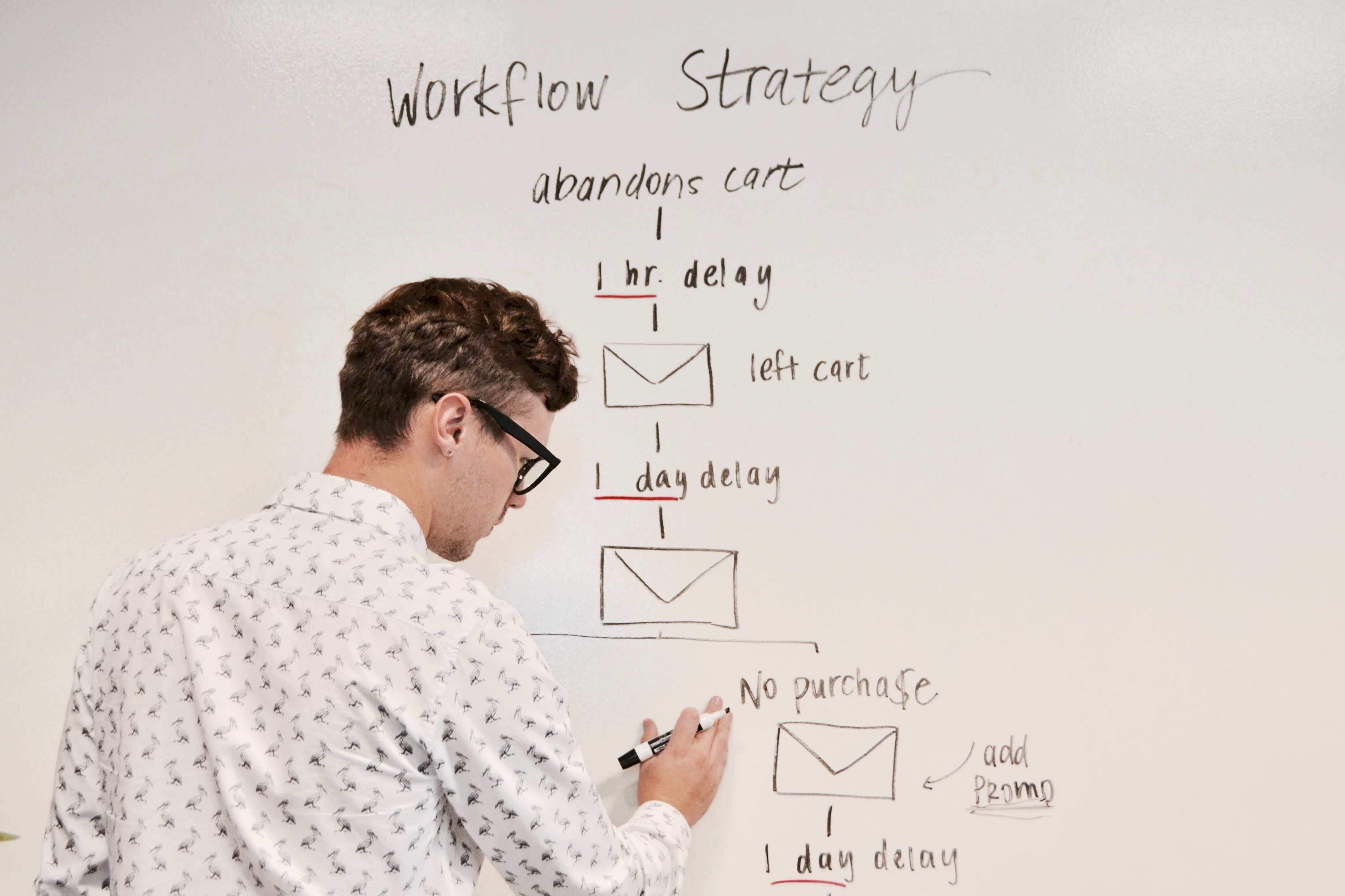FenDoDo’s IB Economics SL/HL course prepares students for success in the International Baccalaureate curriculum, covering all key topics, exam strategies, and assessment criteria. Whether you are aiming for a 7, need help with the Internal Assessment (IA) or Extended Essay (EE), or want a deeper understanding of global economics, this course provides complete support.
Course Content
- Microeconomics: Demand & supply, elasticity, market equilibrium, government intervention, market failure, and theory of the firm (HL only: advanced theory of the firm).
- Macroeconomics: Aggregate demand & supply, macroeconomic objectives, fiscal and monetary policy, unemployment, inflation, and economic growth.
- International Economics: Trade theory, protectionism, exchange rates, balance of payments, economic integration, terms of trade.
- Development Economics: Economic growth vs. development, strategies for development, barriers to development, role of international organizations.
- HL Topics: Theory of the firm, advanced calculations, and additional HL paper skills.
- Assessment Skills: Command terms, real-world examples, diagram drawing and explanation, data response and essay writing.
- Internal Assessment (IA): Commentary structure, source selection, economic analysis, and effective evaluation for high marks.
- Extended Essay (EE) Support: Topic refinement, research question design, structure, analysis, and referencing.
- Exam Techniques: Past paper practice, time management, mark scheme mastery, and rubric adherence for maximum scores.
Exam Structure
- External Assessment
- Paper 1 (SL: 1 hr 15 min, HL: 1 hr 30 min) — Microeconomics section with short-answer and data-response questions on demand, supply, market structures, and consumer/producer theory.
- Paper 2 (SL: 1 hr 15 min, HL: 1 hr 30 min) — Macroeconomics section with short-answer and data-response questions on national income, economic growth, unemployment, inflation, and fiscal/monetary policy.
- Paper 3 (HL only, 1 hr) — Higher-level quantitative and extended-response questions requiring economic modeling, calculations, and data analysis.
-
- Internal Assessment (IA)
- Students complete three commentaries analyzing real-world news articles using economic theory and concepts, demonstrating application and evaluation skills.
-
Skills Developed
- Economic theory application with real-world evidence
- Data analysis and interpretation
- Clear and accurate diagramming
- Structured essay writing and evaluation
- Critical thinking and problem-solving
- Research and referencing (for IA & EE)
- Effective time management and test strategy
Who Should Take IB Biology?
- IBDP students aiming for 6 or 7 in Economics SL/HL
- Anyone needing structured IA or EE support
- Students wanting to boost academic writing, analysis, and research skills
- Learners preparing for university studies in economics, business, or social sciences
College Credit
Many U.S. colleges grant credit or advanced placement for high IB Economics SL or HL scores. This can satisfy introductory economics course requirements, allowing students to progress to higher-level economics, finance, or business courses earlier in their college curriculum.
- SL (Standard Level): Often qualifies for introductory micro- or macroeconomics courses
- HL (Higher Level): Often qualifies for first-year college-level economics courses, depending on the institution
Tips for Success
- Practice drawing and explaining diagrams for every syllabus topic
- Use up-to-date real-world examples in essays and IAs
- Learn all IB Economics command terms and how to answer them precisely
- Analyze past paper mark schemes and examiner reports
- Draft IA commentaries early and revise with expert feedback
- Plan and outline essays before writing under timed conditions





